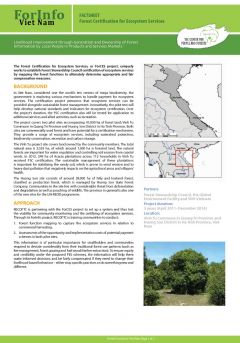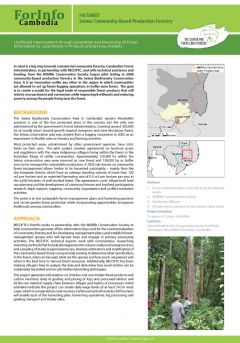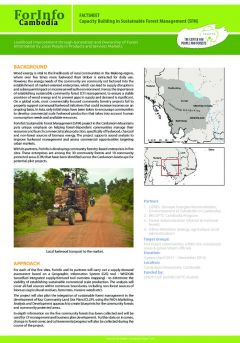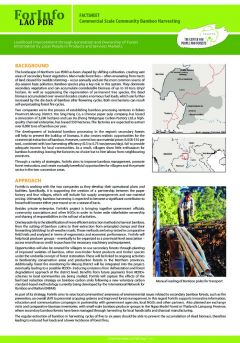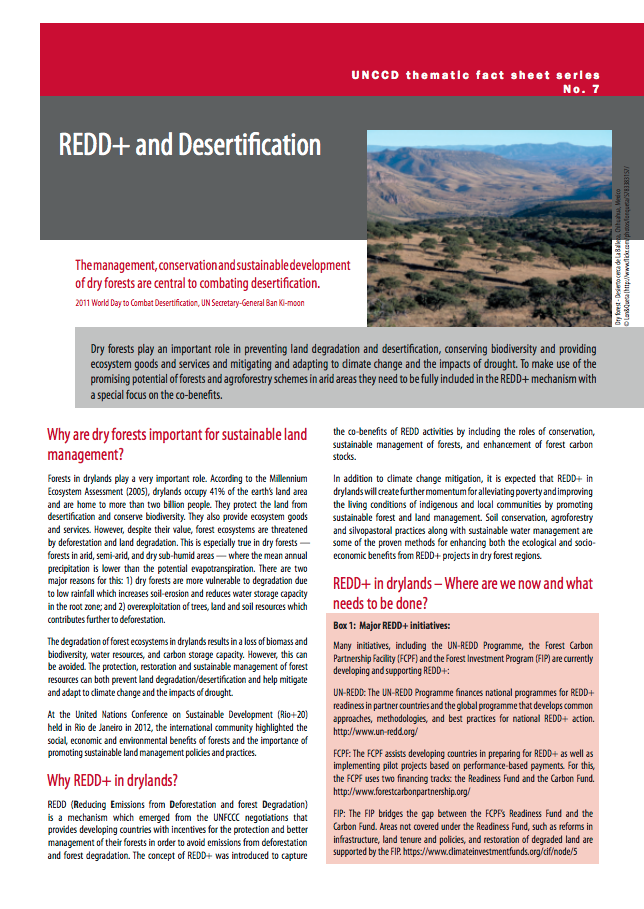Woodland Social Enterprise in England
This report was commissioned by the Forestry Commission to better understand the current woodland social enterprise sector in England. It provides evidence of a fledgling but very diverse sector with significant innovation. It discusses the definition of “woodland social enterprise”, the potential size of this sector, and suggests indicators for measuring future growth.
Community Management of Local Authority Woodlands in England
The report was commissioned by Forest Research, and reviews the data available on the management of woodlands by local authorities in England. The report focuses on the extent to which community groups and social enterprises are involved in their management.
Investing in locally controlled forestry in Mozambique
This report summarises a strategic assessment of the potential of different options for investing in locally controlled forestry (ILCF), with a strong focus on local enterprise development. It looks in particular at the Province of Niassa in Mozambique. This assessment has its origins in mutual engagement by both SIDA and IIED in a dialogue process on ILCF. The process brought together more than 400 investors, local right-holders and forest experts from across eleven different locations, to advance understanding on ILCF.
ForInfo Factsheet: Forest Certification for Ecosystem Services
The project covers two pilot sites encompassing 41,000 ha of forest land: Vinh Tu Commune in Quang Tri Province and Huong Son District in Ha Tinh Province. Both sites are commercially used forest and have potential for a certification mechanism. The certification project presumes that ecosystem services can be provided alongside sustainable forest management. Innovatively, the pilot test will help develop national standards and indicators for ecosystem certification.
ForInfo Factsheet: Seima Community-Based Production Forestry
In what is a big step towards commercial community forestry, Cambodia’s Forest Administration, in partnership with RECOFTC and with technical assistance and funding from the Wildlife Conservation Society, began pilot testing in 2008 community-based production forestry in the Seima Biodiversity Conservation Area. It is an innovation unlike any other in the region in which communities are allowed to set up forest-logging operations in buffer-zone forest.
Myanmar's Rosewood Crisis: Why Key Species and Forest Must be Protected Through CITES
... Extremely rapid growth in Chinese imports of ‘redwood’, ‘rosewoods’ or ‘Hongmu’ timbers from Myanmar in the past two years is directly driving increased illegal and unsustainable logging, posing a real threat to governance, the rule of law and the viability Myanmar’s dwindling forests. EIA research shows that, based on current trends, the two most targeted Hongmu species in
Myanmar - tamalan and padauk - could be logged to commercial extinction in as little as three years.
ForInfo Factsheet: Capacity Building in Sustainable Forest Management
Wood energy is vital to the livelihoods of rural communities in the Mekong region, where over five times more fuelwood than timber is extracted for daily use. However, the energy needs of the community are commonly not factored into the establishment of market-oriented enterprises, which can lead to supply disruptions and subsequent impact on income as well as the environment. Hence, the importance of establishing sustainable community forest (CF) management, to ensure a stable provision of wood energy and to prevent gaps in supply and demand is significant.
ForInfo Factsheet: Commercial Scale Community Bamboo Harvesting
Forinfo aims to strengthen the capacity of the Provincial Agriculture and Forestry Office (PAFO) by supporting the implementation of improved bamboo management within the two concession areas in Meung district. The project is partnering with officials from the Government of Lao PDR (GoL), from the national to district level, private enterprises, community associations, and other NGOs to foster a wider stakeholder responsibility and ownership of the activities.
REDD+ and Desertification
Dry forests play an important role in preventing land degradation and desertification, conserving biodiversity and providing ecosystem goods and services and mitigating and adapting to climate change and the impacts of drought. To make use of the promising potential of forests and agroforestry schemes in arid areas they need to be fully included in the REDD+ mechanism with a special focus on the co-benefits.
The Economic Value of Forest Ecosystem Services in Myanmar and Options for Sustainable Financing
... This document reports on a study carried out to assess the value of the forest sector to Myanmar's economy, in order to justify and identify niches for developing forest-based payments for ecosystem services (PES) and other mechanisms that can be used to generate financing for forest conservation.
Turkey : Forestry Sector Review
The report identifies the challenges,
and opportunities the forestry sector faces in Turkey, where
twenty five percent of the country's land area is
covered by forests, with significant economic,
environmental, and cultural functions. The challenges
identified in the review include poverty, land tenure, the
need to establish multi-purpose, participatory forest
management planning, and, to control soil erosion in





